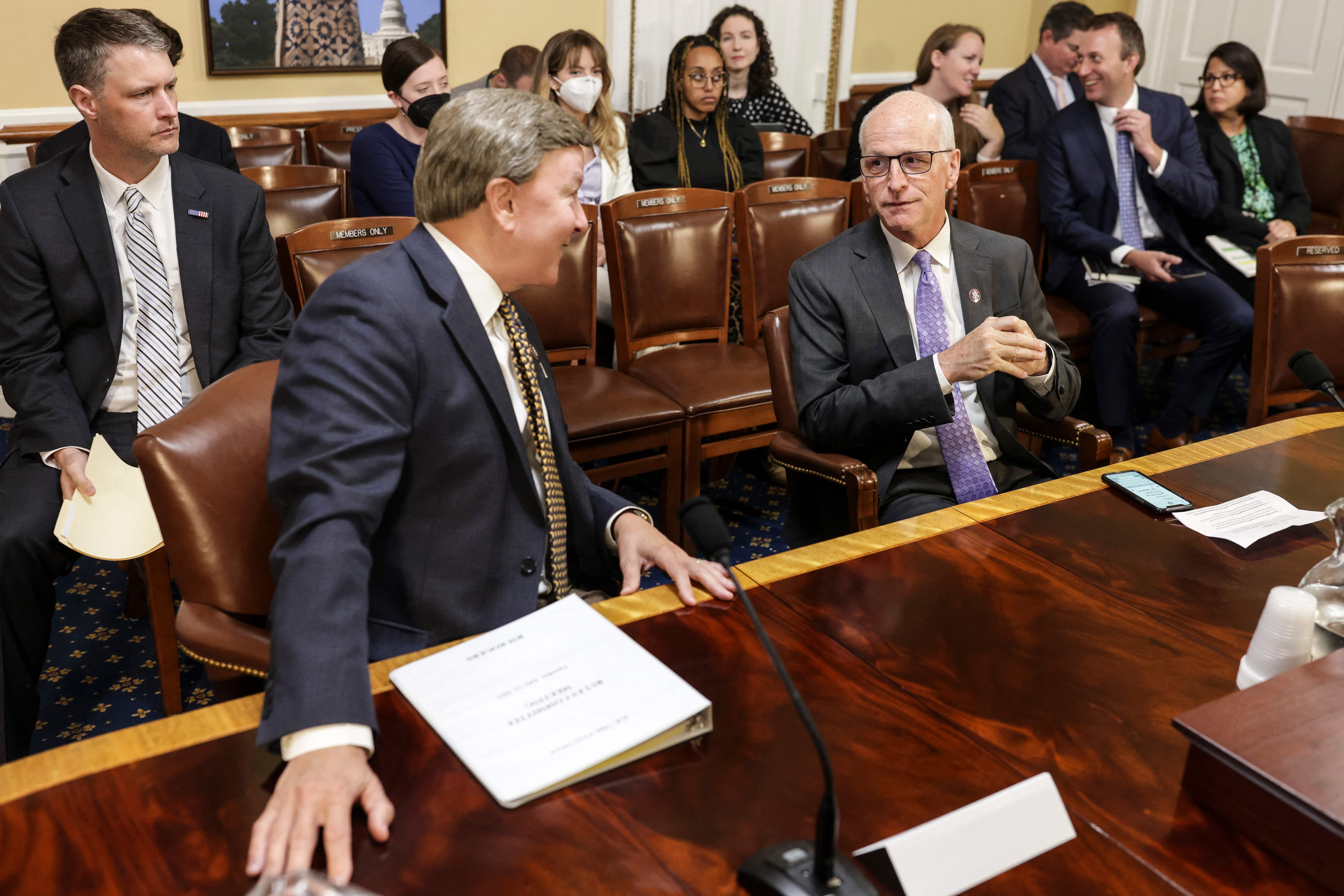The deadline for making changes to your Tricare plan, and to your federal vision and dental plan coverage is Dec. 14.
The open season period is the only time each year when you can enroll in or make changes to these health care plans, except for a qualifying life event such as marriage, birth and retirement. The coverage takes effect Jan. 1, 2021.
If you don’t have Tricare coverage, you can only receive health care at military hospitals and clinics if space is available.
A variety of factors play into your decision, and all are unique to your situation and your family’s. Visit www.tricare.mil/openseason for more information, including a comparison tool.
There are two separate processes for Tricare Open Season enrollment and for the Federal Employment Dental and Vision Plan Open Season enrollment.
Does Tricare Open Season apply to you?
No, it doesn’t apply to: Active duty service members; Tricare for Life; or premium-based plans such as Tricare Retired Reserve, Tricare Reserve Select, Tricare Young Adult. Premium-based plans can be purchased at any time.
Yes, it does apply to: Anyone enrolled in or eligible for Tricare Prime, Tricare Prime Remote, Tricare Select, Tricare Overseas Program Prime, Tricare Overseas Program Select and U.S. Family Health Plan.
If you’re satisfied with your current Tricare plan, you don’t need to do anything, and your coverage will continue through 2021, with the exception of Group A retirees and family members who want to continue with their Tricare Select coverage. These are working age retirees under age 65 who entered the military before Jan. 1, 2018, their family members and survivors. They must set up payment processes for their new fees with their Tricare regional contractors before the end of the year.
Those in that group now have to pay enrollment fees of $12.50 per month for an individual, or $25 per month for family coverage. Previously, these beneficiaries haven’t had to pay enrollment fees for Tricare Select, but a 2017 law required the Defense Department to start charging the fees by Jan. 1, 2021. Those in this category need to set up their payment process now through their regional Tricare contractor, to avoid losing coverage on Jan. 1. (These fees don’t apply to Tricare for Life.)
As of Nov. 27, the most recent information available, 54 percent of affected Tricare Select beneficiaries in the East region had set up payments; 51 percent of those in the West region, and 22 percent of those overseas had set up payments.
If you’ve been eligible for a Tricare Prime option or Tricare Select, but weren’t enrolled, you can enroll through Dec. 14.
If you’re enrolled in Tricare Prime or Tricare Select and want to switch between plans, you can also do it through Dec. 14.
What are the differences in Tricare plans?
Tricare Prime is a health maintenance organization, HMO-style plan, where you get most of your care from a primary care manager, and referrals are required for specialty care. Generally, much of the care is provided in a military hospital or clinic. There is no deductible; co-payments are required except for active-duty service members and their family members. Active duty and their family members don’t pay enrollment fees, but retirees, their families and others do pay enrollment fees.
The U.S. Family Health Plan is an additional Tricare Prime option available through networks of community-based, not-for-profit health care, and is available only in certain areas.
Tricare Select is a preferred provider organization, PPO-style plan, where you choose your Tricare-authorized provider and don’t have to get referrals for most services. In general, Tricare Select has higher out-of-pocket costs than Prime. Deductibles, co-payments and cost-shares apply. Active duty family members don’t pay an annual enrollment fee; but most retirees and their family members enrolled in Tricare Select now have to pay an enrollment fee.
What do I need to consider?
Tricare officials advise considering these questions before choosing a plan:
Which Tricare plans are you eligible for, based on your sponsor’s status?
Which health plan best meets the needs of each of your family members?
Is cost a factor? Consider enrollment fees, deductibles, co-payments and cost-shares.
Do you prefer getting your care at a military hospital or clinic, which is where much of care is provided through Tricare Prime?
Do you want to choose your own health care provider?
Do you expect any big life changes in the next year?
How do I enroll in or make Tricare changes?
You can use several options:
Call your Tricare regional contractor.
Fax your enrollment form to your Tricare contractor (if you live stateside.)
Visit an overseas Tricare service center in person.
Enroll or make changes online by logging in to milConnect. Click on the “benefits” tab, then choose “Beneficiary Web Enrollment (BWE) from the menu. Make sure your information is current in the Defense Enrollment Eligibility Reporting System (DEERS); contact information is on the milConnect site.
Does FEDVIP Open Season apply to you?
This open season also ends Dec. 14.
Most military retirees and their family members are eligible for dental and vision coverage under the Federal Employees Dental and Vision Insurance Plan, or FEDVIP, which is administered by the Office of Personnel Management. As the result of a new, seven-year contract signed this year, there will be more dental and vision insurance options for 2021. At www.benefeds.com, a comparison tool can help you find plans available to you, and compare the plans’ features.
If you’re already enrolled in a FEDVIP dental and/or vision plan and don’t want to make a change, your enrollment will automatically continue.
Those eligible for FEDVIP dental coverage: Retired service members and their eligible family members; retired National Guard and reserve members and their eligible family members; certain survivors; Medal of Honor recipients and their immediate family members and survivors.
Family members of active duty family members, National Guard and Reserve, as well as Guard and Reserve members who aren’t on active duty are eligible for the Tricare Dental Program. That requires separate enrollment..
Those eligible for FEDVIP vision coverage: Active duty family members; retirees and their eligible family members; Selected reserve members and family members. You must be enrolled in a Tricare health plan to be eligible for FEDVIP vision.
How do I enroll in or make changes to FEDVIP coverage?
Visit www.benefeds.com.
Karen has covered military families, quality of life and consumer issues for Military Times for more than 30 years, and is co-author of a chapter on media coverage of military families in the book "A Battle Plan for Supporting Military Families." She previously worked for newspapers in Guam, Norfolk, Jacksonville, Fla., and Athens, Ga.










